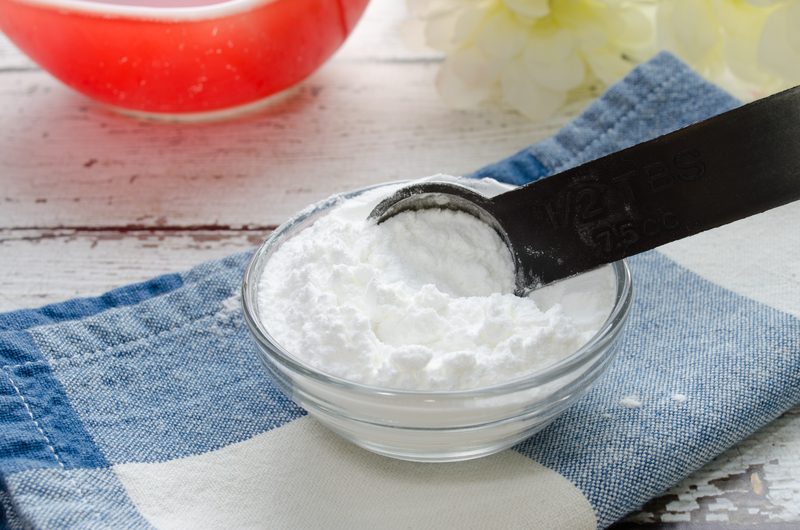 When it comes to dietary restrictions, gluten intolerance and celiac disease are two conditions that have gained considerable attention over the years.
When it comes to dietary restrictions, gluten intolerance and celiac disease are two conditions that have gained considerable attention over the years.
Gluten is a protein found in wheat, barley, and rye, and it can cause adverse reactions in individuals with sensitivities.
As such, people following gluten-free diets must be cautious about the ingredients they use in their cooking and baking.
One common question that arises is whether baking powder is gluten-free.
In this article, we’ll explore the relationship between baking powder and gluten and shed light on whether it’s safe for those with gluten intolerance.
Understanding Baking Powder and its Composition
Before delving into the gluten-free status of baking powder, it’s essential to understand what baking powder is and how it works.
Baking powder is a leavening agent used in baking to help dough and batter rise.
It contains an acidic component (usually cream of tartar) and an alkaline component (typically baking soda).
When mixed with liquid and exposed to heat, the chemical reaction between these components releases carbon dioxide gas, causing the mixture to expand and create a light, airy texture in baked goods.
Gluten-Free Ingredients in Baking Powder
 The ingredients in baking powder are crucial in determining whether it is gluten-free.
The ingredients in baking powder are crucial in determining whether it is gluten-free.
While the primary components of baking powder, cream of tartar, and baking soda are gluten-free, some brands may incorporate additional ingredients.
These can include starches or fillers that act as stabilizers to prevent clumping and extend the shelf life of the product. In some cases, these additional ingredients may contain gluten.
Potential Sources of Gluten in Baking Powder
- Wheat-based Starch. Some baking powder formulations use wheat-based starches as fillers. Wheat starch contains gluten and can be a source of concern for those with gluten intolerance.
- Barley or Rye-derived Ingredients. While less common, certain baking powder products may use barley or rye-derived ingredients, which would not be safe for those avoiding gluten.
- Cross-Contamination. In manufacturing facilities where both gluten-containing and gluten-free products are produced, there is a risk of cross-contamination. This can happen if the same equipment is used for both gluten-containing and gluten-free products without proper cleaning in between.
Determining if Baking Powder is Gluten-Free
- Read the Label. The first step in determining whether a particular brand of baking powder is gluten-free is to carefully read the product label. Look for explicit statements that indicate “gluten-free” or “contains no gluten.”
- Certifications. Some manufacturers voluntarily obtain gluten-free certifications for their products, which are usually displayed on the packaging. Look for logos from reputable gluten-free certification organizations.
- Contact the Manufacturer. If the product label is unclear or you have additional questions, reach out to the manufacturer directly. Many companies have customer support services that can provide detailed information about their products.
Gluten-Free Baking Powder Alternatives
For individuals who must avoid gluten, there are several gluten-free baking powder alternatives available in the market.
Look for brands that explicitly state “gluten-free” on the label and use ingredients such as cornstarch or potato starch as fillers instead of wheat-based starch.
Bottom Line – Is Baking Powder Gluten-Free?
 Not all baking powder is automatically gluten-free.
Not all baking powder is automatically gluten-free.
While the primary components of baking powder, cream of tartar, and baking soda are gluten-free, additional ingredients used as stabilizers may contain gluten.
It’s crucial for individuals with gluten intolerance or celiac disease to carefully read product labels and choose baking powder with explicit “gluten-free” statements or certified gluten-free options.
By doing so, those following a gluten-free diet can continue to enjoy their baking endeavors without any worries about gluten-related reactions.


